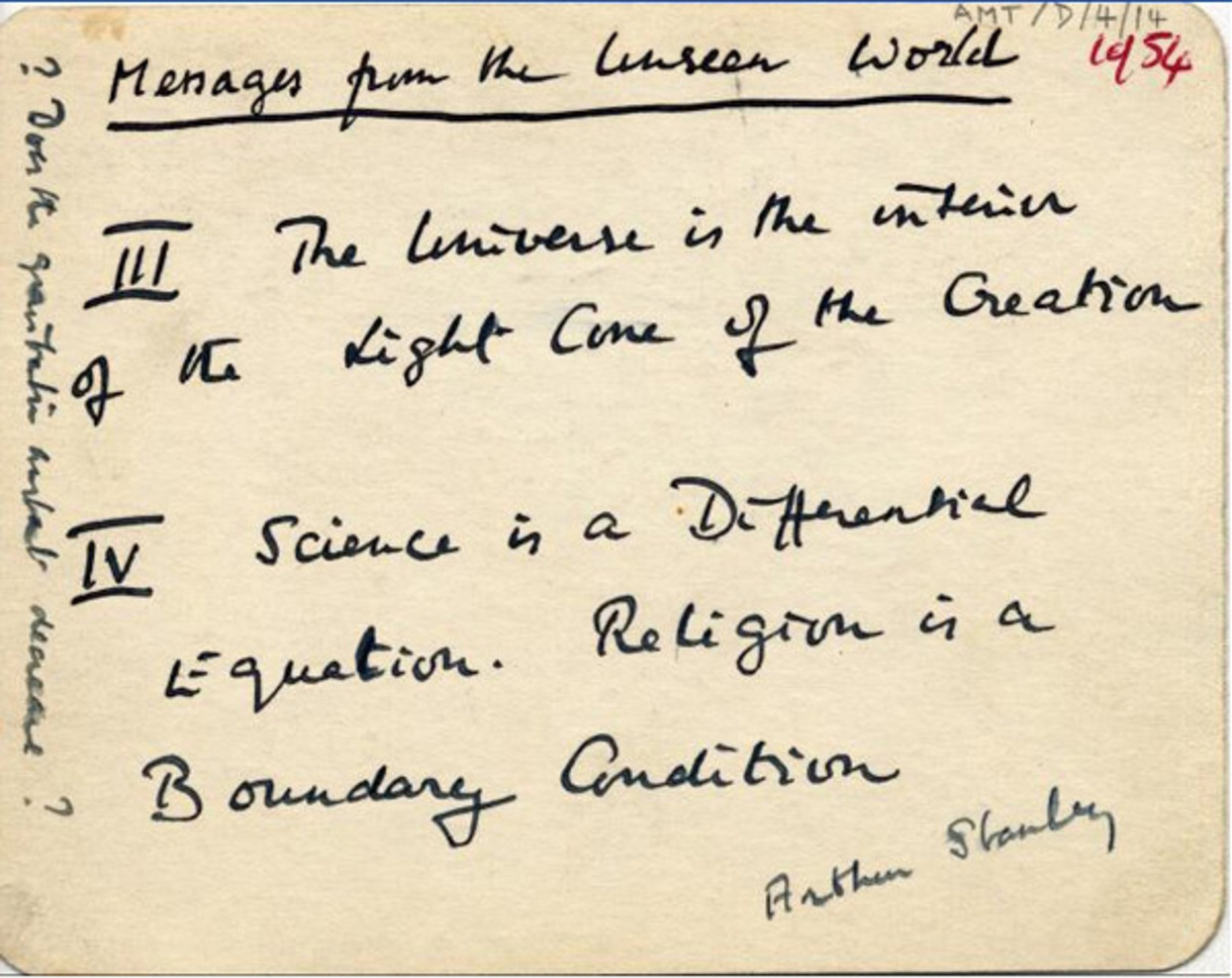2018 BCNM Seed Grants: Jacob Gaboury and Queer Computing

This year the Berkeley Center for New Media offered two faculty research grants to seed ambitious academic projects in the field. Our alumni voted on the applications and awarded $5,000 to Jacob Gaboury (Film & Media) to examine the relationship between digital technologies and queer identity. Read more about his research below!
Jacob Gaboury, Associate Professor of New Media History and Theory in the Department of Film & Media, is attempting to address how digital media has so radically transformed queer identity by looking at the queer history of computer science in Regimes of Identification: Queer Computing and Digital History.
The growth of digital media technologies has had a transformative effect on the ways we construct identity and build community. This is particularly true for queer and marginalized groups, for whom network technologies in particular have facilitated new forms of contact and connection. Queer people use technology in any number of transgressive ways, be it for sex, for politics, for art, or for scholarship. We queer technology by finding new and novel uses for it, and by transforming it to conform to our needs and desires. Yet at the same time digital media has come to effect identity itself, as the complexity of cultural and social difference becomes categorizable by Google Adwords and selectable via dropdown menus in Facebook profiles. Scholars such as Tiziana Terranova (2004) have suggested that in the information society, communication is concerned primarily with the problem of signal and noise, and that information flow has come to displace the question of linguistic representation and cultural identity from the center of cultural struggle. In other words, those sites which have most concerned queer theory for the past 30 years – identity, performance, representation – are at best vacated by new media technologies and at worst appropriated in the implementation of new forms of soft control. As such, digital media would seem to function simultaneously as a set of tools that enable queer forms of resistance and transgression and as a structure that facilitates new forms of control. How is it that the category of identity has been so radically transformed by contemporary digital technologies, such that it might be understood as little more than the coalescence of data?
This project takes up this task though an examination of the queer history of computer science, proposing a queer theory of computing through an investigation of non-binary figures in the early history of mathematics and computation. Extending Alan Turing's early writing on uncomputability, Gaboury looks to articulate a queer externality to so-called “universal computation” through an investigation of queer sites and practices in media art, philosophy, and computer science.
In doing so, his goal is to parse the relationship between these two disparate regimes of identification and their broad influence on our contemporary digital culture. Funding from the BCNM will assist in kick starting this research through three related projects. The first is a series of lecture events that would put artists, scholars, and practitioners in conversation in order to reflect on the function of identity for digital media today. Each event would pair two disparate critical and methodological traditions across theory, policy, and practice with the hope of creating a space for dialogue and mutual recognition, drawing from both Berkeley faculty and key research practitioners in the Bay Area more broadly. The second object is a special issue of the Critical Inquiry on the subject of “Queer Technology,” to be co-edited with the artist Zach Blas. The proposal for this issue is already underway with the journal’s editorial board and would look to make a clear disciplinary intervention into queer studies by asking new questions of technical objects using queer methods. Finally, this grant will support research into Gaboury's second book project, tentatively titled On Uncomputable Numbers, including archival trips to the UK to visit the papers of Alan Turing, Christopher Strachey, and others.
Learn more about Gaboury's research here on his official website.
